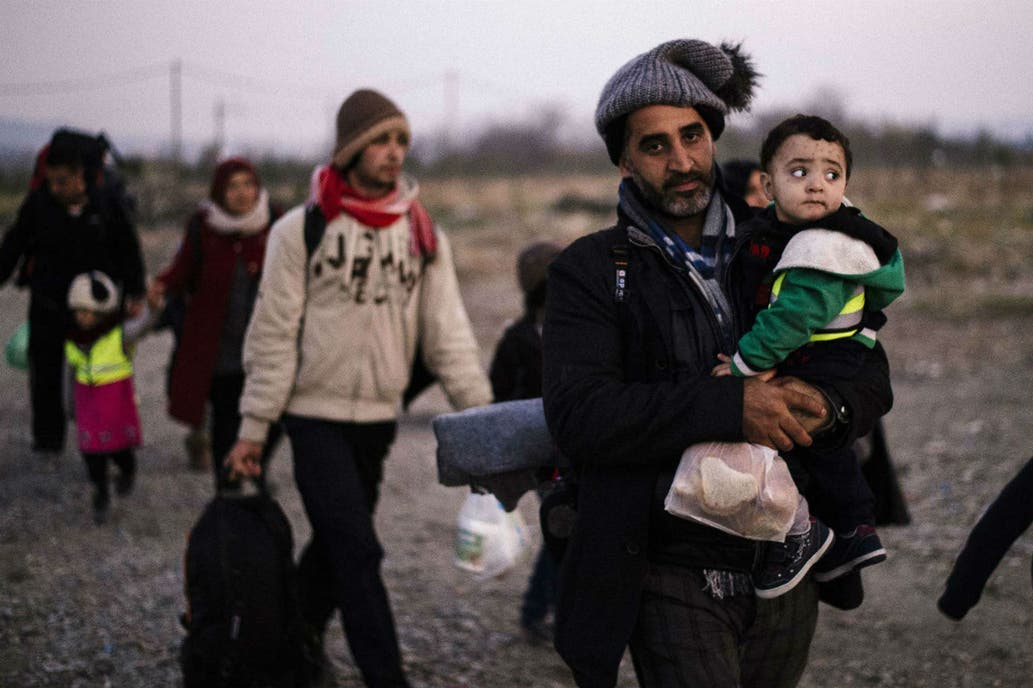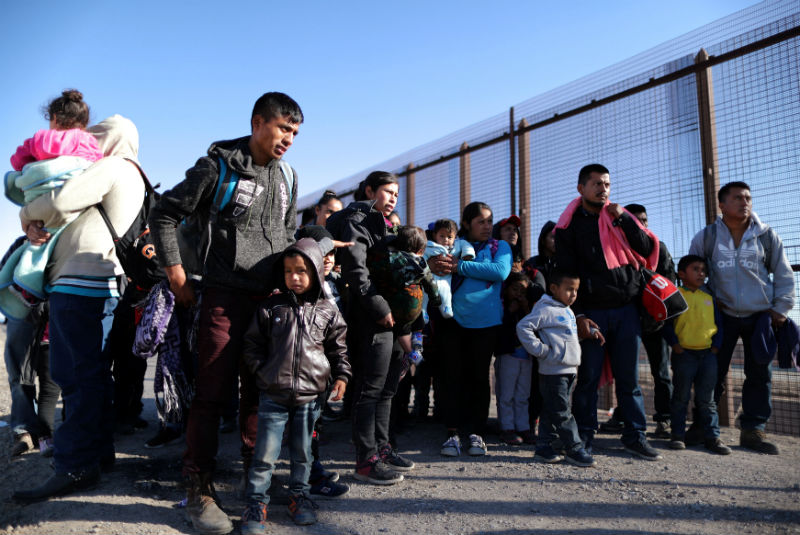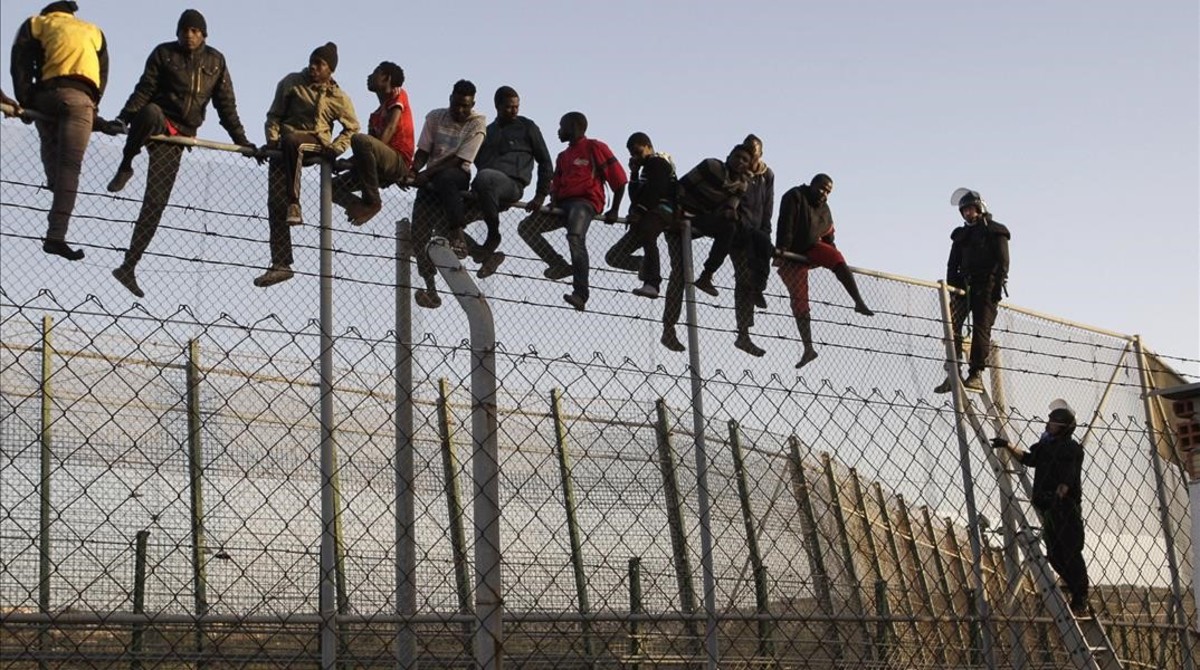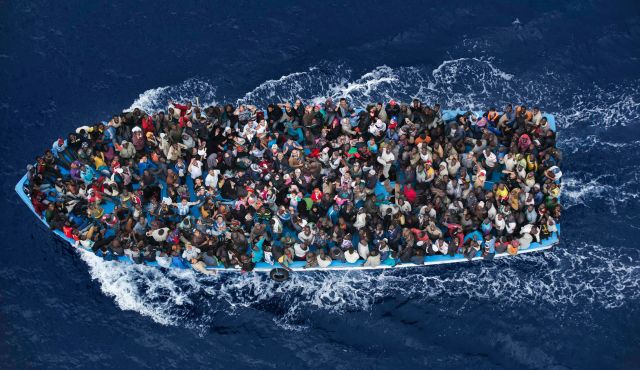In 2000, the UN proclaimed December 18 as International Migrants Day. Since then, the date has been time to reflect on the role of migrants in the development of countries.

There are thousands of people who risk their lives every year to reach Europe. By abandoning part of their history, they take a piece of their memories and a lot of dreams to fulfill. They go in search of a dignified life when they flee from the violence and conflicts of which their countries are victims and, therefore, they.
There are also many who cross Central America and go, from country to country, until they reach the controversial border of the United States with Mexico: the line that separates two nations and which they try to delimit with a wall that is nothing other than built xenophobia . There are children, elderly, women. There are many people who die.

Migration is a worldwide phenomenon that the social construction of human beings has sought to describe as marginal. But migration, as highlighted by the United Nations Educational, Scientific and Cultural Organization (UNESCO), has a human face.
For that reason, in the year 2000 the United Nations Organization (UN) proclaimed December 18 as International Migrants Day. Since then, the date has been a time to reflect on the role of migrants in the development of countries.

“On this International Day, I urge leaders and people around the world to bring the Global Compact to life, so that migration works for everyone,” says UN Secretary General António Guterres, referring to the approved agreement in Morocco on December 10, 2018 by 184 member nations of the organization, which advocated for a “Safe, Orderly and Regular” migration.
Although the protection of the human rights of people who emigrate is defended, there are few who are victims of robberies, looting, discrimination. There are many migrants who die on the crossing, and those who are killed.

“Mixed with factors of uncertainty, urgency and complexity, the challenges and difficulties of international migration require greater cooperation and collective action,” says the United Nations site, while urging the international community to treat migrants with dignity, as human beings. Children are the most vulnerable link, even once they reach the country of destination.
“With political will and additional investments, governments across Europe can build inclusive public education systems that ensure that all children, regardless of immigration status, can exercise their right of access to education, while building communities more inclusive and successful, ”highlights the UNICEF regional director and special coordinator for the migrant and refugee crisis in Europe, Afshan Khan.
However, the images of migrants stranded at sea, in unhealthy places, in cages – the materialized proposal of President Donald Trump, drowned children, separated from their parents, and the violence they suffer on the voyage, turn the world. As the UN Secretary General points out: “Migrants are essential members of society.” You have to understand it.




